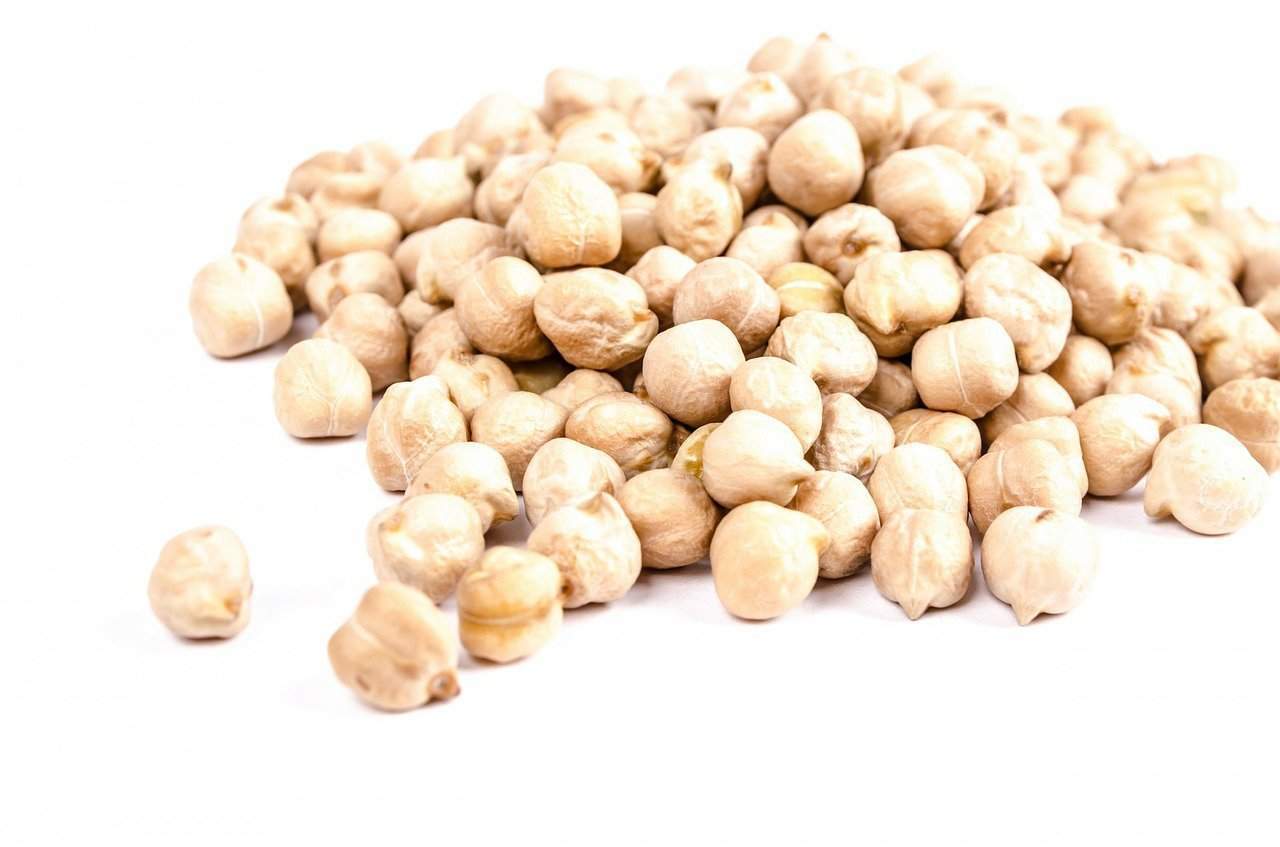Contents:
- Medical Video: Acupressure for Women : Acupressure for Lactation
- 1. Keep trying to breastfeed your baby whenever the baby asks
- 2. Make sure the baby is in a good position while breastfeeding
- 3. Make sure you meet your nutritional needs
- 4. Make sure the breasts are emptied properly every time you breastfeed
- 5. Continue to stimulate your breasts
- 6. Make sure your baby stays awake while breastfeeding
- 7. Get enough rest and stay away from stress
Medical Video: Acupressure for Women : Acupressure for Lactation
For those of you who just have a baby, you may be worried whether breastmilk production can meet your baby's needs or not. This is a natural thing. However, you should not worry too much about this because it can interfere with your milk production. Embed on your mind that you can certainly provide enough milk to meet all your baby's nutritional needs.
No need to worry too, you can do the steps below as an effort to increase breast milk production naturally.
1. Keep trying to breastfeed your baby whenever the baby asks
Your body adjusts the milk production with your baby's milk needs. So, the more babies suckle, the more milk is produced. So, don't be afraid that milk will run out if the baby often feeds. A
SI which continues to be issued smoothly is a signal for the body to continue producing milk. Continuing to breastfeed your baby when the baby wants to breastfeed and never miss the time to breastfeed your baby is a natural way to increase milk production.
2. Make sure the baby is in a good position while breastfeeding
This also affects how smoothly the mother's milk is released and sucked by the baby. The position of the baby attached to the correct breast during breastfeeding can make the baby get enough milk.
Conversely, the position of breastfeeding in your wrong breast can make milk production slightly. So, babies who suckle often do not necessarily get a lot of milk because the baby's position may be wrong at feeding which makes the baby suckle more often and longer to meet their needs.
When the baby attaches to your breast properly, the baby can suck all the nipple parts of the breast, the baby can suckle well and stimulate your body to produce more milk.
3. Make sure you meet your nutritional needs
Not to forget, maternal nutrition must also be adequately fulfilled to increase milk production. Fulfilling your nutritional needs can help meet the nutrients your body needs and also help produce more milk. Nutritious foods that contain important vitamins and minerals are fulfilled by you, such as fruits, green vegetables, meat, chicken, fish, eggs, and so on.
You also need to meet your fluid needs per day. You are advised to drink at least 8 glasses per day or more.
4. Make sure the breasts are emptied properly every time you breastfeed
For breastmilk production to run optimally, make sure your breasts are completely empty before you change to the other breast while breastfeeding. If your breasts are completely empty of breast milk and after that the baby moves to the other breast, this can be a sign that the baby is sucking your breast effectively. Usually babies take at least 10 minutes to suckle in one breast.
Also make sure the baby is breastfeeding in both of your breasts every time you suckle so that the milk production in each breast is balanced. If your baby is full before the milk in your breast runs out, you should pump the remaining milk until it runs out. When the milk is left partially in your breast, the body will think that the milk produced is "excessive" so that in the next production, the hormone will reduce the production of breast milk to suit the needs. So, the more breast milk left in your breast, the less milk production will be.
5. Continue to stimulate your breasts
After the baby has finished breastfeeding, but you feel your baby has not emptied your breasts, you can continue to stimulate your breasts to release milk. This can be done using a breast pump or with a hand massage technique. Stimulating the breasts to keep removing milk can be a sign to the body that breast milk still needs to be produced.
6. Make sure your baby stays awake while breastfeeding
This is done so that the baby sucks your breast (breastfeeding) effectively. So, babies get enough nutrients they need and also you still receive stimuli from babies to produce milk. You may need to talk to the baby while breastfeeding, stroking his feet, and other efforts to keep the baby awake.
If the baby sleeps a lot and now is the time for the baby to suckle, there's no harm in waking your baby.
7. Get enough rest and stay away from stress
Sleep deprivation causes you to become tired and stressed. This can then affect milk production. For that, you need enough sleep. A little difficult indeed when you have a baby. However, you can get it by stealing your time. The trick is you take a nap when your baby is also asleep.












